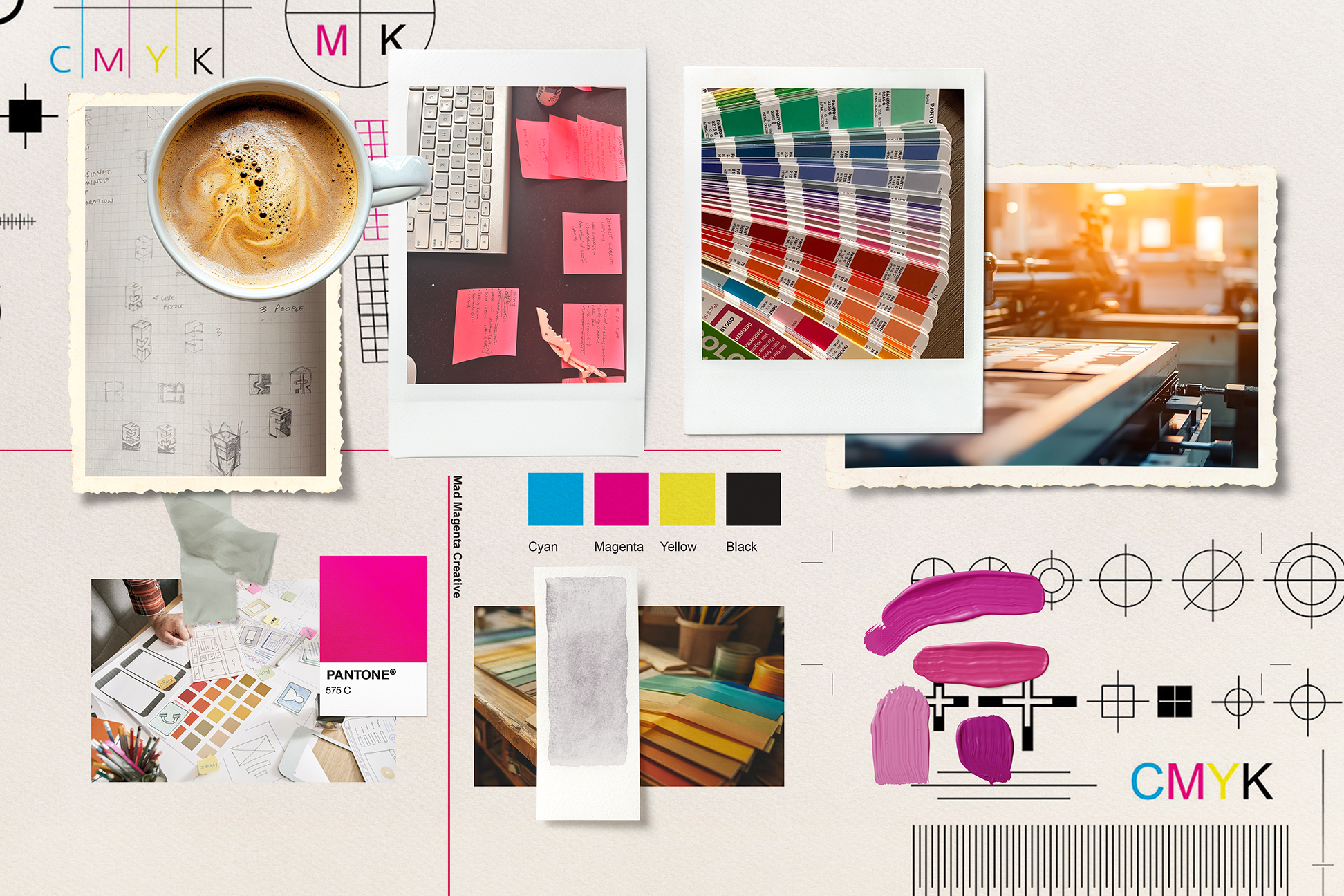The Power of Curiosity

In both business and personal relationships, the key to success often comes down to how we communicate. While it’s easy to approach situations with preconceived ideas or agendas, one of the most powerful shifts we can make is to approach relationships with curiosity. This isn’t just a tool for deeper understanding; it’s a way to create meaningful, long-lasting connections that are based on respect, empathy, and shared growth.
When we let go of the need to be right and instead choose curiosity, we open ourselves up to new possibilities. Whether you’re building a relationship with a client, a colleague, or even in your personal life, embracing curiosity over confrontation can lead to more productive and rewarding outcomes for everyone involved. This approach is not only about avoiding conflict but also about actively seeking to understand others, which in turn helps foster trust, collaboration, and growth.
Why Curiosity Matters More Than Preconceived Agendas
In our fast-paced world, it’s easy to rush into conversations with assumptions and agendas. We often come to the table already thinking we know what the other person needs or what the outcome should be. But when we start from a place of curiosity, we shift our mindset from one of judgment or solution-providing to one of inquiry and openness. This simple shift can completely change the dynamic of the conversation—and the relationship.
Being curious means asking questions like:
- What’s really going on here?
- How can I understand this person’s perspective better?
- What motivates them?
- What am I missing that could make this conversation more productive?
When we lead with curiosity, we’re more likely to uncover information that can help us navigate challenges and find better solutions. This mindset helps us engage with others in ways that encourage collaboration instead of conflict.
The Benefits of Curiosity in Relationships
- Fosters Trust
Approaching relationships with genuine curiosity builds trust. People can sense when you’re truly interested in understanding them, and this makes them feel heard and respected. It shows that you value their thoughts and experiences, which can strengthen the connection you share. - Encourages Deeper Understanding
Curiosity allows us to understand the why behind the actions and needs of others. Instead of just reacting to surface-level statements, we dive deeper into the underlying reasons for certain behaviors, making it easier to find common ground. By taking the time to ask the right questions, we learn more about what truly drives others—whether it’s a client’s business goals, a colleague’s needs, or a family member’s challenges. - Reduces Conflict
Conflict often arises when one or both parties enter a conversation with a rigid agenda. When we insist on being right or pushing our own perspective, we’re less likely to listen to others. Curiosity, on the other hand, allows us to keep an open mind. It invites others to share their thoughts freely, which can de-escalate tense situations and lead to more productive discussions. - Promotes Collaboration
When we listen and ask thoughtful questions, we create space for others to contribute. Curiosity in relationships invites collaboration rather than competition. It shifts the focus from winning or proving a point to working together toward a shared goal, whether that’s solving a problem, building a strategy, or just finding a better way forward. - Leads to Personal Growth
Adopting a curious mindset benefits not only your relationships but your own personal growth as well. Being open to new perspectives and learning from others challenges our own assumptions and biases. It helps us grow as individuals and as professionals, broadening our understanding of the world around us.
Curiosity vs. Preconceived Agendas
It’s natural to want to approach situations with a plan or goal in mind. After all, we all want to be efficient and achieve results. But when we lead with preconceived agendas, we limit the potential for deeper insights and creative solutions. Preconceived notions often narrow our vision, leaving us focused only on the outcome we expect. In contrast, a curious approach allows us to see the bigger picture and uncover solutions that may not have been immediately obvious.
Being curious means:
- Looking for understanding rather than a quick fix.
- Embracing questions over answers.
- Seeking connection instead of just completing tasks.
How to Cultivate Curiosity in Your Relationships
- Ask Open-Ended Questions
Instead of jumping straight to solutions or judgments, ask questions that encourage deeper conversations. Questions like “Can you tell me more about that?” or “What’s the reasoning behind this decision?” help you learn more and show that you value the other person’s input. - Listen Actively
Curiosity isn’t just about asking questions—it’s about listening. Practice active listening by truly focusing on what the other person is saying without planning your response in advance. This shows respect for their perspective and allows you to hear what’s really being communicated. - Suspend Judgment
To be truly curious, you have to let go of the urge to judge or immediately categorize information. Approach every conversation with a fresh perspective, as if you’re hearing it for the first time. This helps you keep an open mind and learn new things. - Be Patient
Curiosity often requires patience. It means taking the time to ask the right questions, explore multiple angles, and understand the full context of a situation. Instead of rushing to conclusions, give yourself and others the space to share, reflect, and engage. - Seek to Understand, Not to Win
Approach every conversation with the goal of understanding rather than proving your point. This mindset shift can turn even challenging conversations into opportunities for connection and growth.
The Bottom Line: Curiosity Builds Stronger Connections
Whether in business or personal relationships, curiosity is a game-changer. It fosters trust, opens up opportunities for collaboration, and allows us to connect on a deeper level. When we approach relationships without preconceived agendas, we create the space for meaningful dialogue, problem-solving, and shared growth.
The next time you’re in a conversation—whether with a client, a colleague, or a friend—try to shift from an agenda-driven mindset to one of curiosity. Ask questions, listen actively, and embrace the chance to learn something new. Not only will it strengthen your relationships, but it will also lead to better outcomes for everyone involved.



be the first to leave a comment